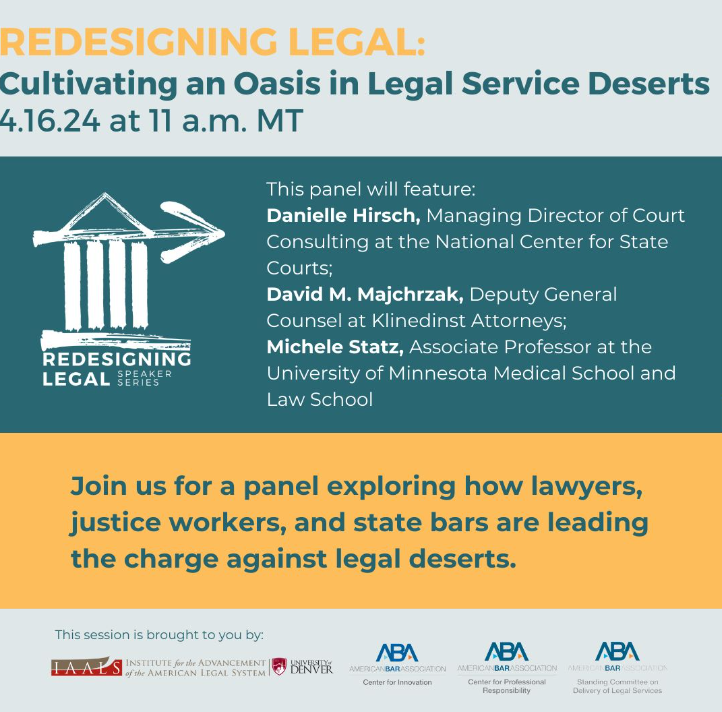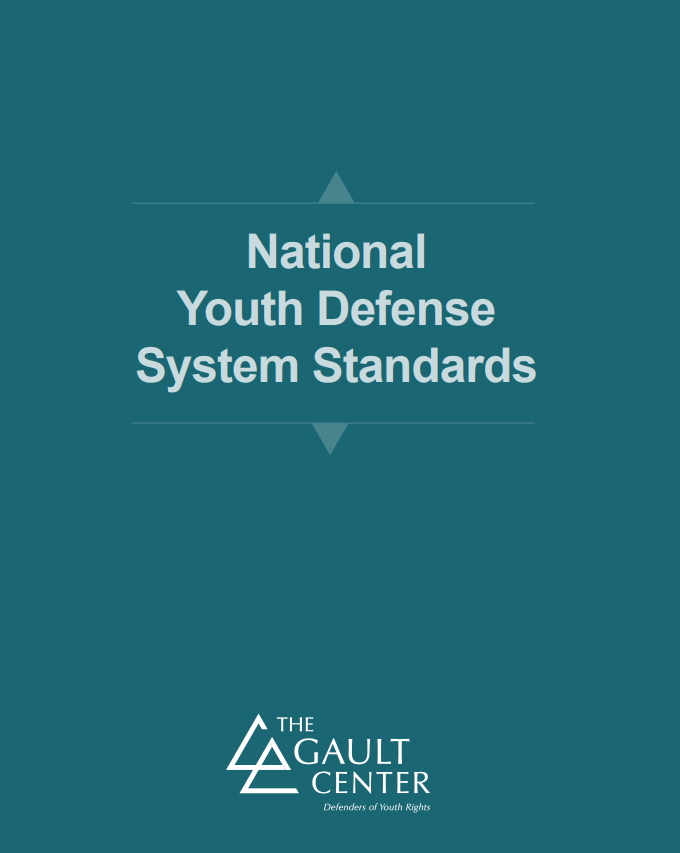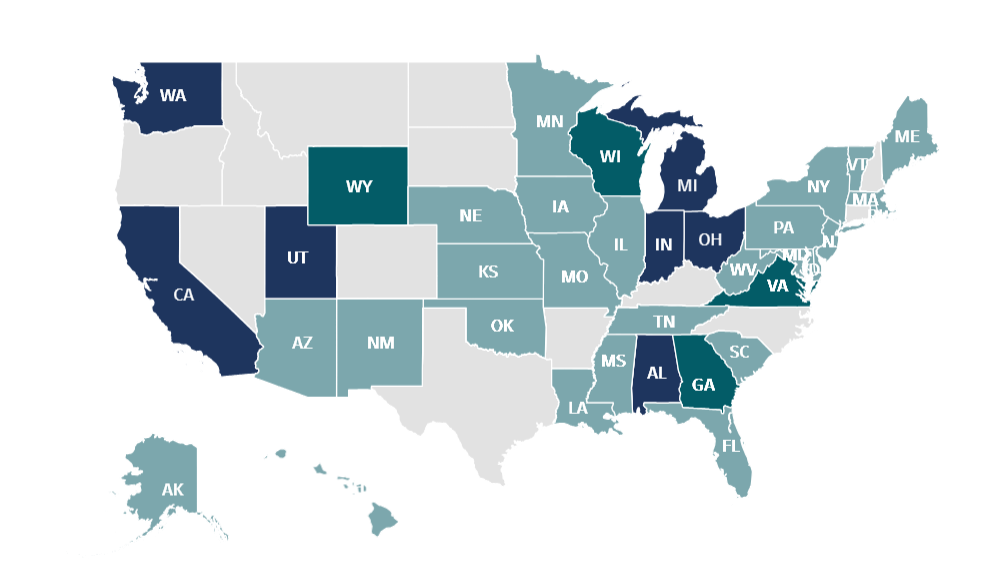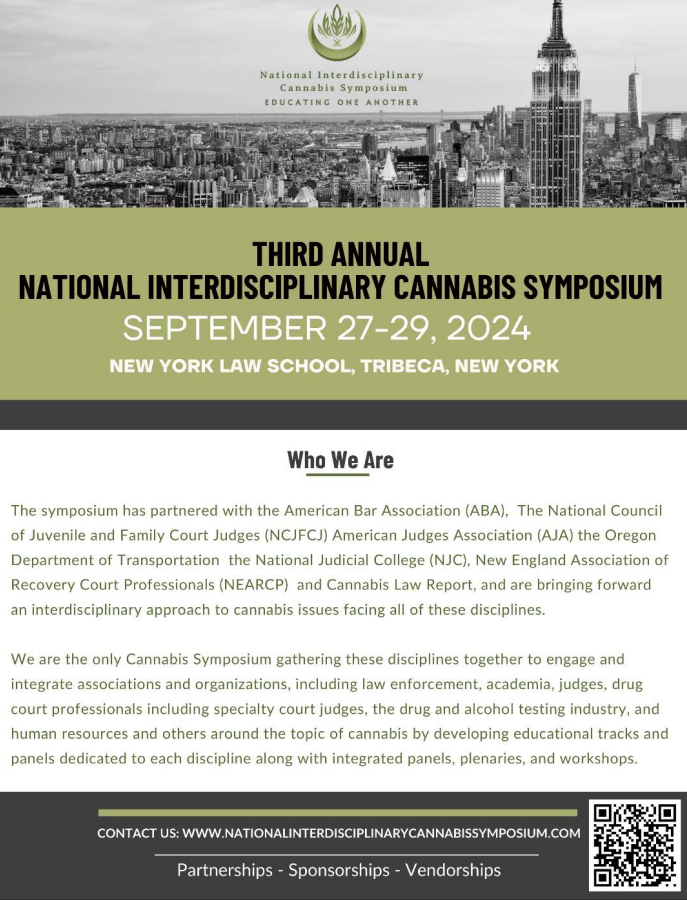Courts seeking guidance on artificial intelligence (AI) now have access to two new resources, thanks to the AI Rapid Response Team (RRT).
The National Center for State Courts (NCSC)’s Getting Started and Platform Considerations resources provide practical interim guidance for courts on experimenting with AI tools, understanding how AI technologies use data, and evaluating contractual terms and conditions.
“This new guidance enables courts to confidently take some initial steps in experimenting with AI technologies to understand their potential moving forward,” said Shay Cleary, an NCSC Court Consulting Services managing director and AI RRT staff lead. “This guidance puts courts in the right direction.”
The AI RRT is a joint project of NCSC, the Conference of Chief Justices (CCJ), and the Conference of State Court Administrators (COSCA).
Visit the AI RRT resource center to read the interim guidance and for current information and resources for both state and federal courts.







